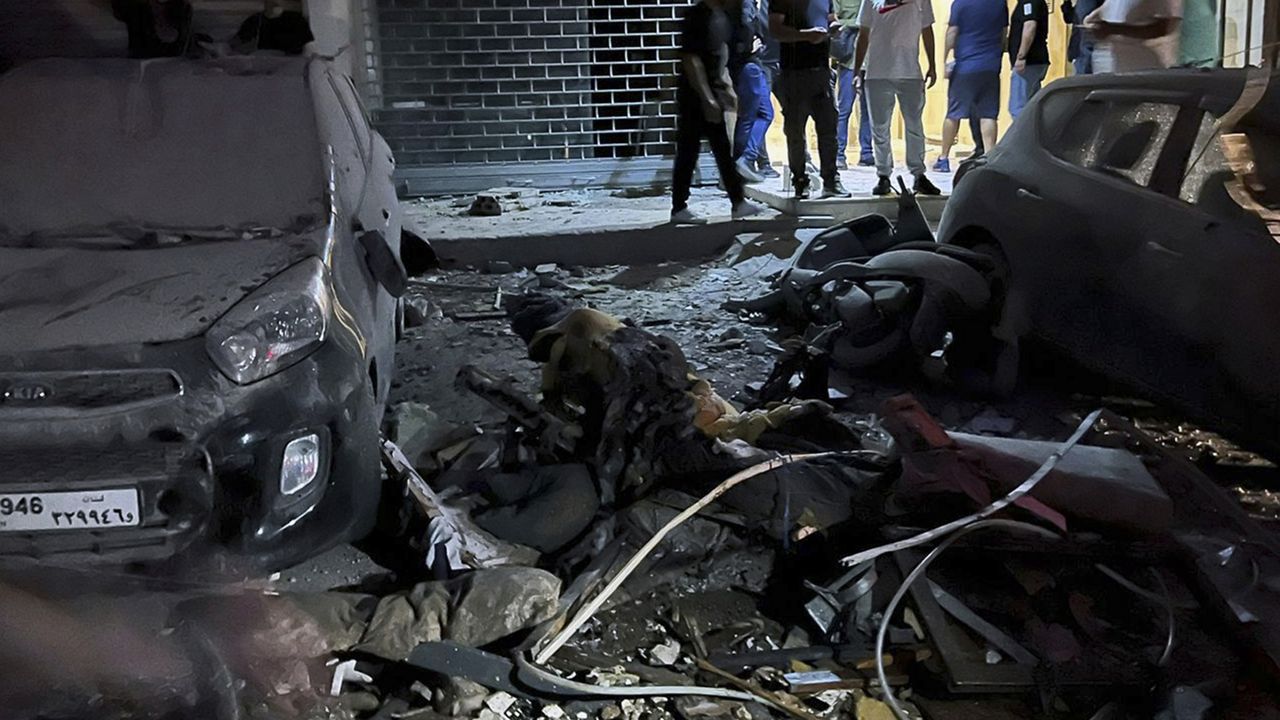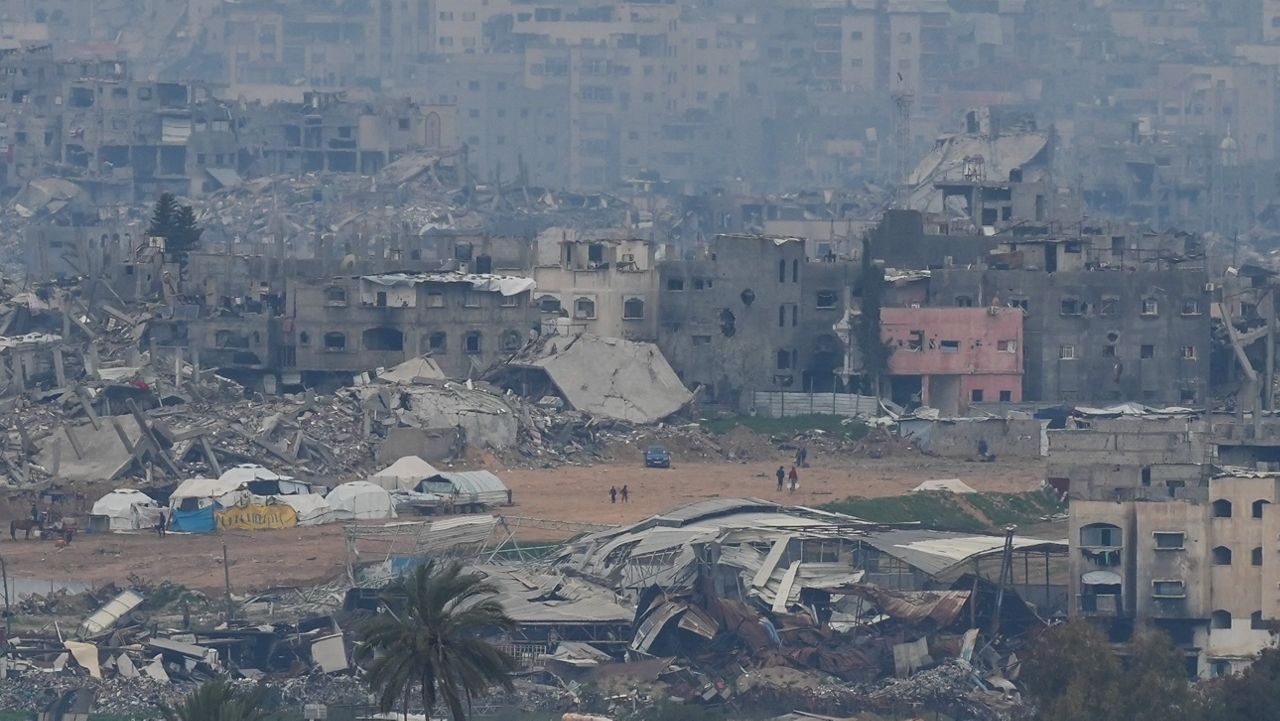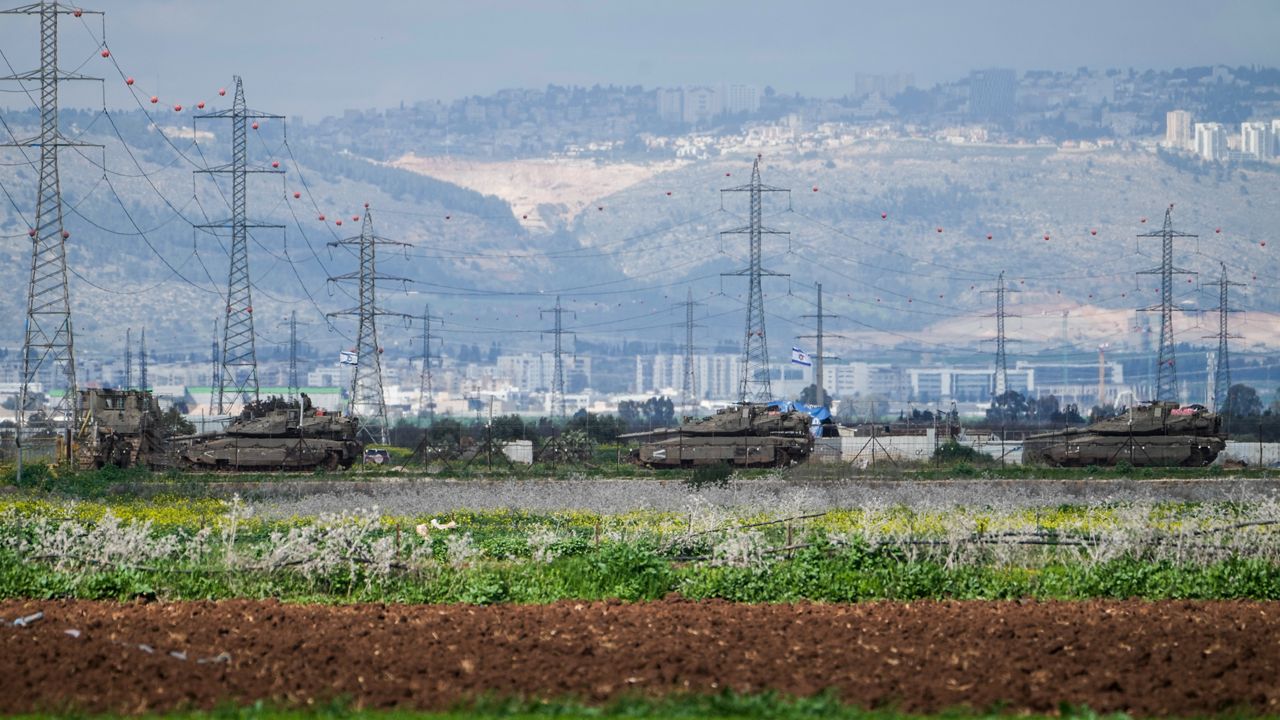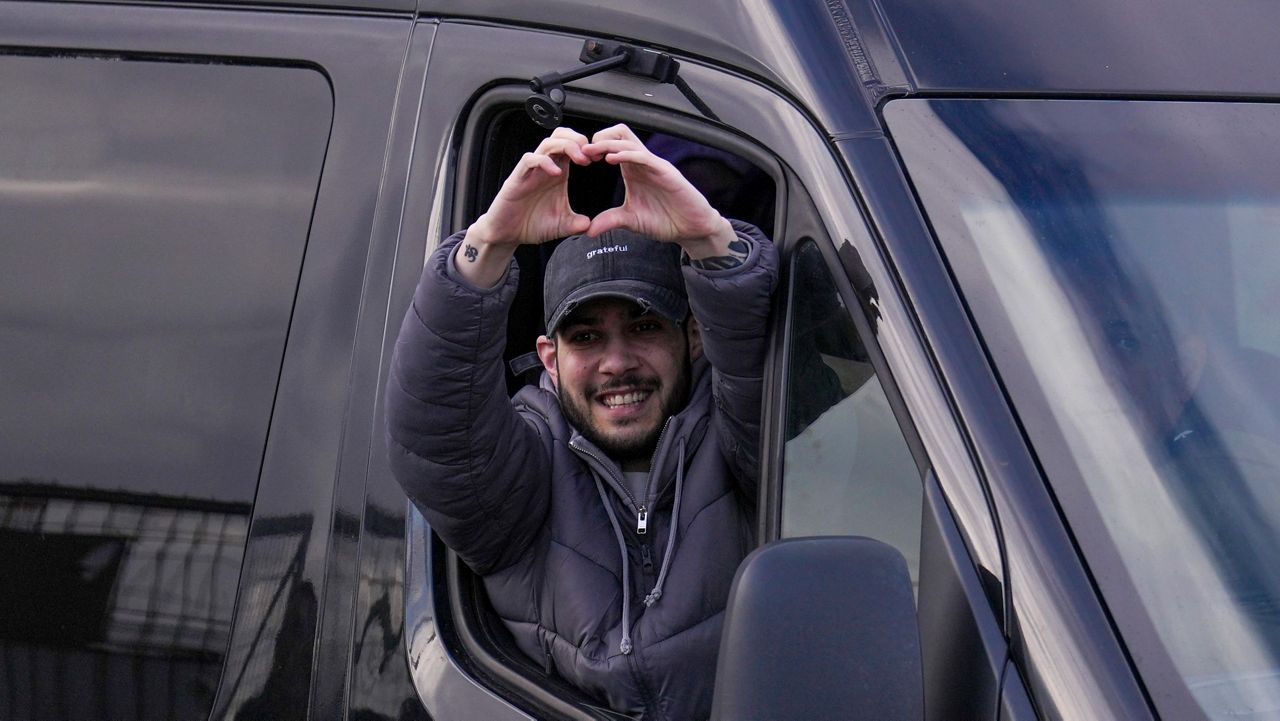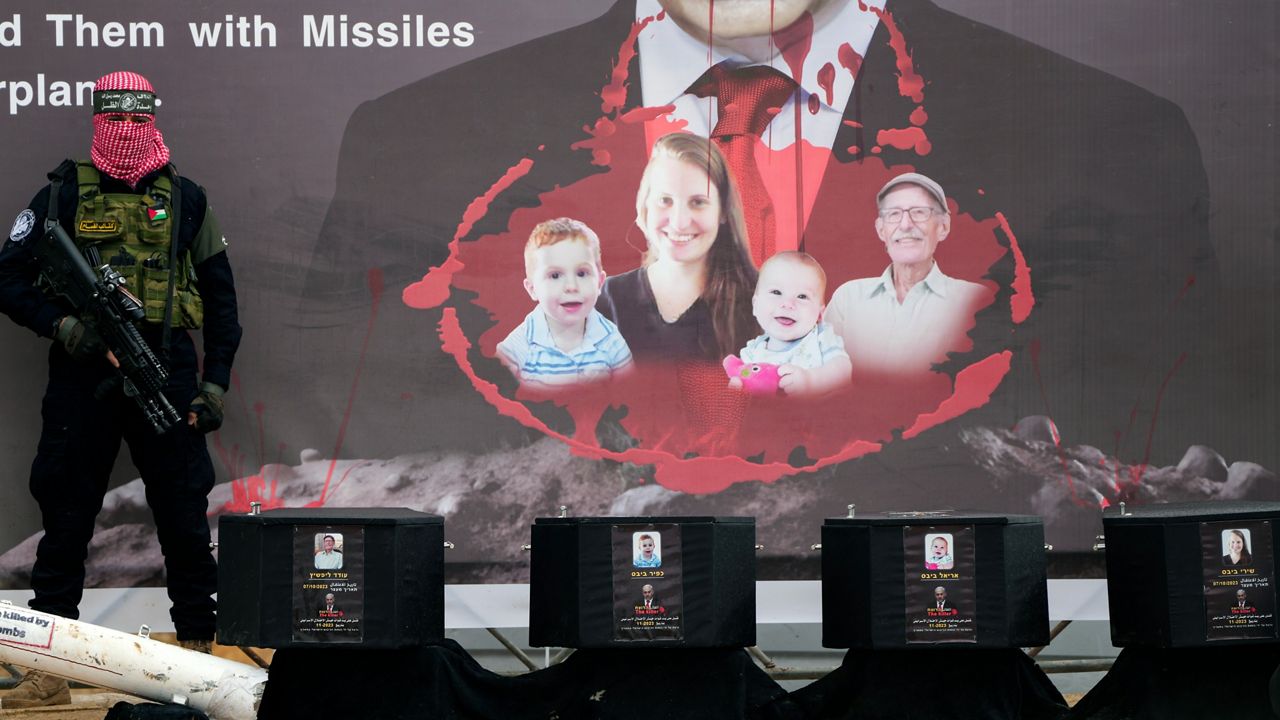Israel on Tuesday carried out a rare strike on Beirut, which it said killed the Hezbollah commander who was allegedly behind a weekend rocket attack that killed 12 young people in the Israeli-controlled Golan Heights. At least three other people were killed.
Hezbollah did not immediately confirm the commander’s death. The Israeli strike killed a woman and two children and wounded dozens of other people in escalating hostilities with the Lebanese militant group.
In what it called an "initial report" on social media, the Israel Defense Forces said it "the IDF carried out a targeted strike in Beirut, on the commander responsible for the murder of the children in Majdal Shams and the killing of numerous additional Israeli civilians."
The retaliatory strike comes just days after a rocket slammed into a soccer field in the Golan Heights, killing 12 children and teenagers. Israel immediately blamed Hezbollah, which denied any responsibility.
"Hezbollah crossed the red line," Israeli Defense Minister Yoav Gallant wrote on social media.
The two sides have exchanged near-daily strikes for the past 10 months against the backdrop of the war in Gaza, but they have previously kept the conflict at a low level that was unlikely to escalate into full-on war.
Lebanon's public health ministry said Tuesday's strike in a southern suburb of Beirut wounded 74 people, some of them seriously. The wounded were taken to nearby hospitals. Bahman Hospital near the site of the blast called for blood donations.
Lebanon’s state-run National News Agency reported that the strike was carried out with a drone that launched three rockets.
Lebanese caretaker Prime Minister Najib Mikati condemned the Israeli attack, saying it hit a few meters from one of the largest hospitals in the capital.
The office of Israeli Prime Minister Benjamin Netanyahu did not immediately release a statement, but minutes after the strike sent a photo of the prime minister with his national security adviser and other officials.
The airstrike on Beirut’s southern suburb of Haret Hreik — a crowded urban neighborhood where Hezbollah has political and security operations but which is also full of small shops and apartment buildings — damaged several buildings.
The strike hit an apartment building near to a hospital, collapsing half of the targeted building and severely damaging one next to it. The hospital sustained minor damages, while the surrounding streets were littered with debris and broken glass.
A forklift was in the middle of the street, reaching to the top floors of the destroyed building, while utility crews removed fallen power lines. Crowds gathered to inspect the damage and check on their families. Some of them chanted in support of Hezbollah.
Paramedics could be seen carrying several wounded people out of the damaged buildings.
The last time Israel targeted Beirut was in January, when an airstrike killed a top Hamas official, Saleh Arouri. That strike was the first time Israel had hit Beirut since the 34-day war between Israel and Hezbollah in the summer of 2006.
Israel had been expected to retaliate for the strike in Majdal Shams, but diplomats had said in recent days that they expected the response to stay within the boundaries of the ongoing low-level conflict between Hezbollah and Israel without provoking all-out war.
Many of them had not expected that Israel would hit Beirut, which might elicit a strike by Hezbollah on a major population center in Israel.
The United Nations' special coordinator for Lebanon, Jeanine Hennis-Plasschaert, said in a statement that she was “deeply concerned” by the strike and called for “calm to prevail.”
Vice President Kamala Harris, the likely Democratic presidential candidate, said Israel “has the right to defend itself against the terrorist organization,” referring to Hezbollah, but added, “We still must work on a diplomatic solution to end these attacks, and we will continue to do that work.”




